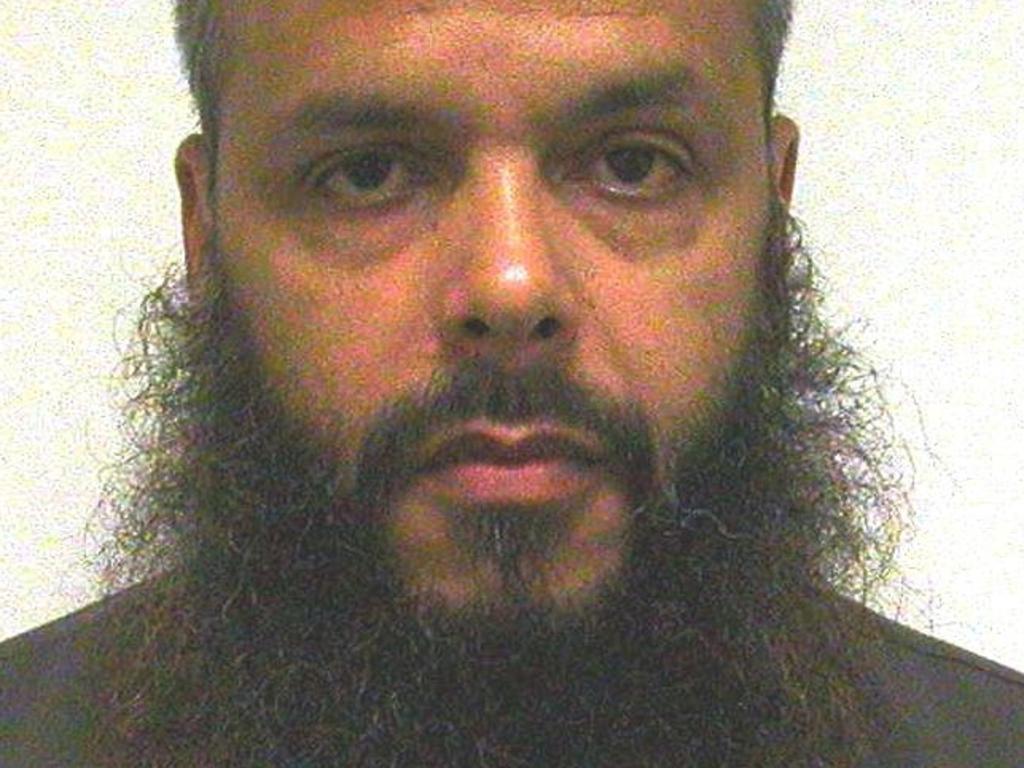Attorney-General Mark Dreyfus says supervision order on terrorist Abdul Nacer Benbrika ‘strongest available under law’
Ahead of the expected release of terrorist Abdul Nacer Benbrika, Attorney-General Mark Dreyfus says the extended supervision order is ‘strongest available under law’.

Attorney-General Mark Dreyfus says his application for a three-year extended supervision order to be applied to terrorist Abdul Nacer Benbrika was the “strongest possible action available under law’’.
With the Victorian Supreme Court expected on Tuesday to order that Benbrika be released from prison after 18 years, Mr Dreyfus said his application for a supervision order was made “in accordance with advice’’ from agencies involved with Benbrika’s management, including the Australian Federal Police.
“Under the High Risk Terrorist Offender scheme, a court making an extended supervision order may impose conditions that can be tailored to mitigate the risk posed by a particular individual,’’ he told The Weekend Australian.
“The government is preparing for all possible outcomes, noting that the question of whether to impose an extended supervision order is ultimately a matter for the court.”
The Algerian-born Benbrika, a former supporter of al-Qa’ida who was the spiritual leader of a terror cell that discussed potential plots against landmarks in Melbourne and Sydney, has served a 15-year jail term on terror offences, plus another three years of a continuing detention order.
That order is due to expire on December 24.

On Tuesday, Victorian Supreme Court judge Elizabeth Hollingworth is expected to rule that Benbrika be released into the community on an extended supervision order – a strict control order that gives police the power to monitor his movements, internet and communications usage, living arrangements and associations.
She has previously criticised the “quite disgraceful’’ handling by Home Affairs of the Benbrika case.
The government did not apply for a second continuing detention order on Benbrika, deeming it destined to fail for a number of reasons, particularly the failure by Home Affairs officials to disclose an academic report that sharply criticised the assessment tool widely used in Australia to determine if Benbrika and other Islamist terror offenders continued to pose a high risk to the community.
Home Affairs under the previous Coalition government commissioned a report from academic and counter-terrorism expert Emily Corner into the so-called VERA-2R assessment tool, but when it came back casting doubt on the tool, Home Affairs buried the report and withheld it from legal teams representing several convicted terrorists, including Benbrika.
Outgoing Independent National Security Legislation Monitor Grant Donaldson SC sharply criticised the department for its failure to disclose, and called for CDOs to be abolished, saying they were “disproportionate’’ to the terror threat in Australia.

Benbrika was sentenced on December 24, 2020, to a further three years under a CDO. In December 2022, his lawyers applied for a review on the basis that Home Affairs officials under previous minister Peter Dutton had withheld the Corner report, which cast doubt on the veracity of the tool used to assess whether Benbrika continued to pose a threat to the community.
In February, the commonwealth advised the Supreme Court and Benbrika’s lawyers that it would not seek to affirm the CDO but would instead make an application for a three-year extended supervision order.
Law expert George Williams from UNSW said the Attorney-General had a duty to the court to lodge only applications that stood a realistic chance of success, and to do otherwise risked undermining the CDO scheme.
He said the CDO scheme had not been intended for indefinite detention.
“I’m really not surprised they’re not asking for another (CDO),’’ Professor Williams said.
“The Corner report is explosive. The commonwealth is already on shaky ground for their failure to disclose it.’’
Professor Williams said the key consideration was what experts had assessed as the risk Benbrika posed.
“The bottom line for me is you cannot apply for a CDO unless you have evidence required to support this.
“This does not appear to be the case here, meaning an ESO is what should be sought.’’
If granted, it will make Benbrika the third person in Australia placed on an ESO, which were legislated for the first time under the Coalition in 2020, and supported by Labor.








To join the conversation, please log in. Don't have an account? Register
Join the conversation, you are commenting as Logout